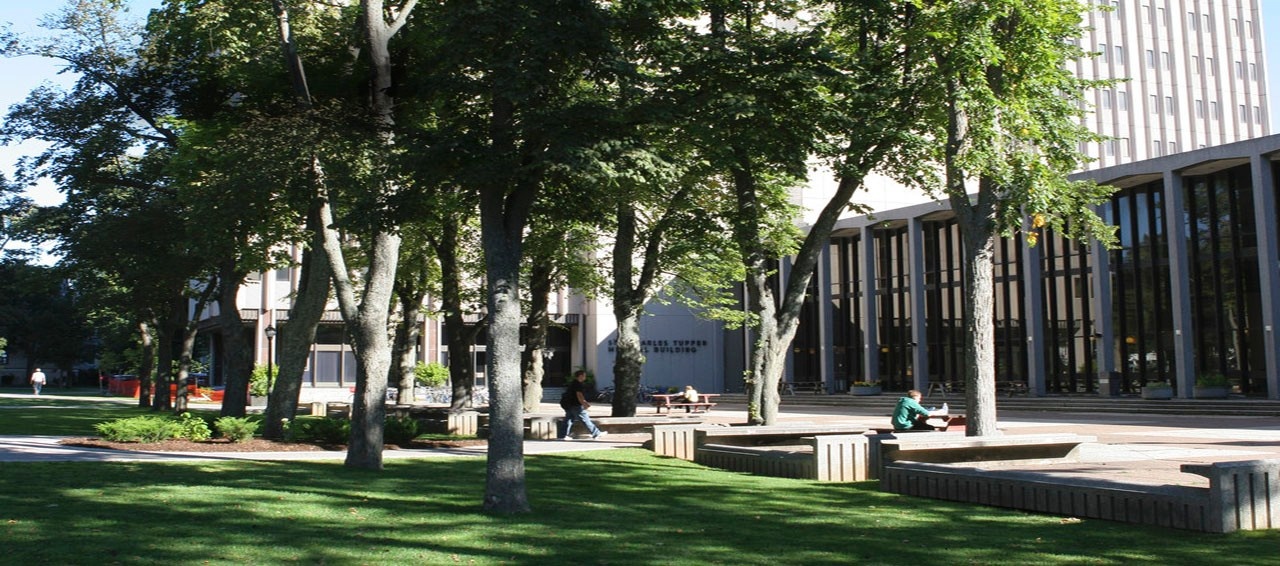Research that makes an impact
Research impacts health and economy of Maritimes
Tackling our region’s top health priorities
Dalhousie Medical School is located in the Maritimes, home to Canada’s fastest-aging population and highest rates of age-, obesity- and inactivity-related chronic disease. Dalhousie medical researchers are determined to build the knowledge base and lead the efforts to effectively address the region’s issues, from inside the region.
Dalhousie medical researchers are leading experts in such age-related conditions as:
- Alzheimer’s disease, dementia and frailty
- Glaucoma, macular degeneration and other blinding diseases
- prostate, colon and other forms of cancer
- cardiovascular disease and stroke
Dalhousie is also home to world experts in such vitally important research areas as:
- child and adolescent mental health
- chronic pain
- maternal and childhood obesity
- infectious diseases and vaccines
- autoimmune, inflammatory and allergic diseases
Together, Dalhousie medical researchers are developing new and better ways to detect, diagnose, treat and prevent these and many other common conditions.
A magnet for talent—clinical and scientific
The best physicians and surgeons want to practice in research-intensive environments where they can advance knowledge and practice in their fields. They come to teaching hospitals in the Maritimes because Dalhousie Medical School offers this opportunity. Research has a direct and immediate impact on patient care, by attracting top clinicians who are passionate about improving patient care and outcomes through research.
The presence of a vibrant research community at Dalhousie Medical School also attracts leading scientific researchers, graduate students and postdoctoral fellows from across Canada and around the world to the Maritimes, building the region’s intellectual capital and ability to develop innovative solutions to the health problems of today and tomorrow.
Economic driver
Research across Dalhousie’s three health faculties (medicine, dentistry, health professions), the IWK Health Centre and Capital Health brings an estimated $80 million into Nova Scotia’s economy each year, creating roughly 900 full-time jobs, as well as 1,200 training positions that keep young people in the region.
Research also leads to the development of spin-off companies that produce new drugs, devices and services while creating more new jobs.
Another economic benefit of research is the more efficient and effective delivery of health services, which saves millions of dollars each year while improving outcomes for patients and reducing the costs of lost productivity. Health research is an economic win for Nova Scotia and the Maritimes, attracting outside investment and generating wealth, spending, jobs and tax revenues for the region.
